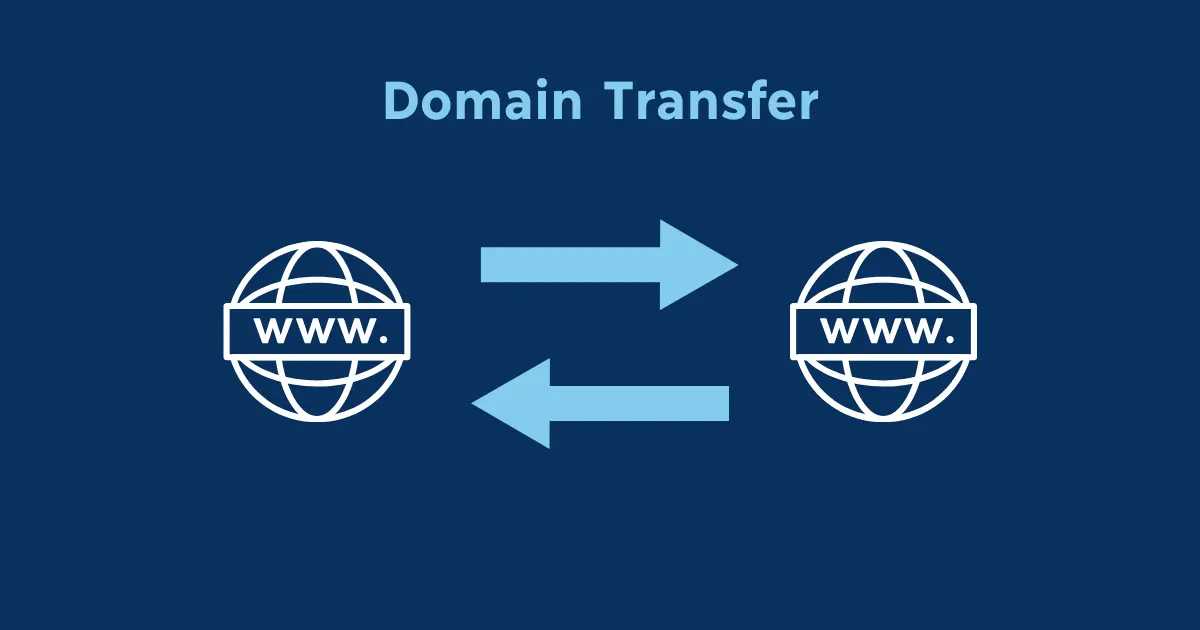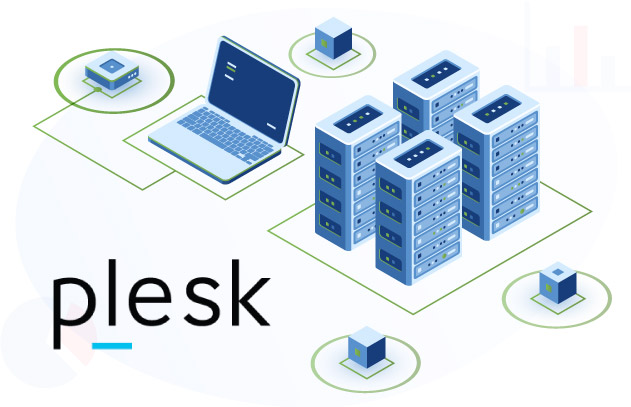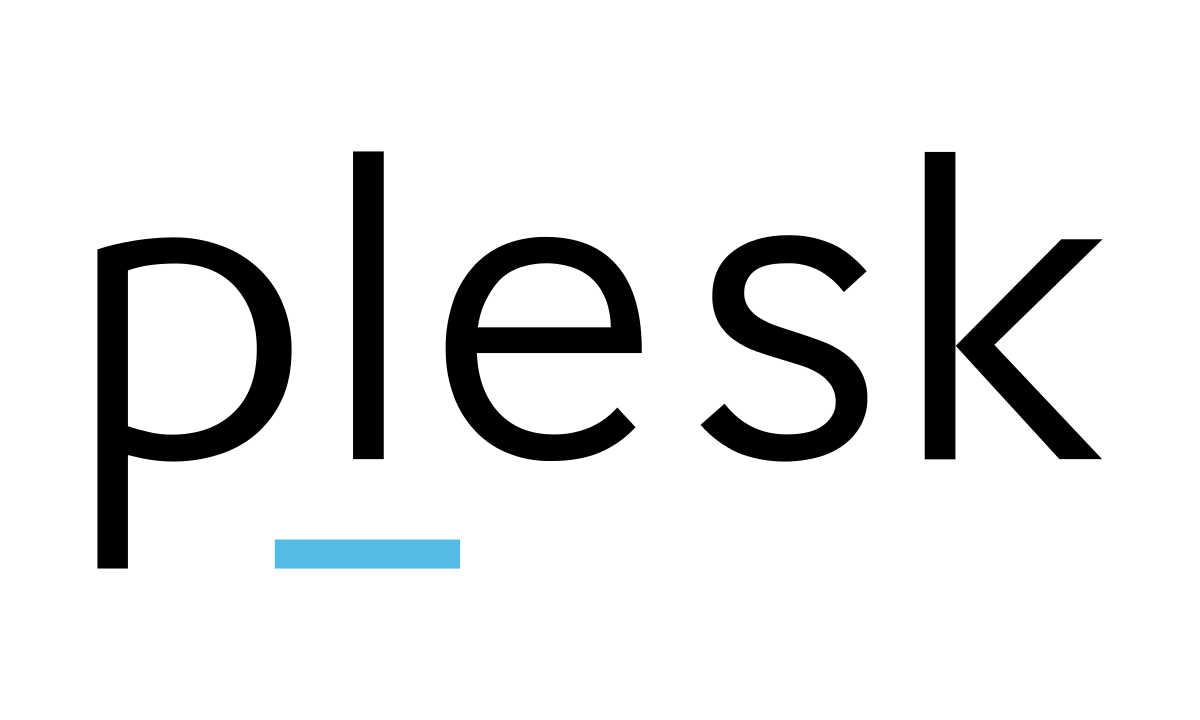Table of Contents
What is MS SQL database in web server ?

MS SQL database on a web server refers to the use of Microsoft SQL Server as the backend database management system for web applications. In this context, the MS SQL database stores, manages, and retrieves data that web applications need to function effectively. MS SQL databases in web hosting refer to the use of Microsoft SQL Server as the backend database management system for websites and web applications hosted on servers. This setup is common in environments where robust data management, security, and performance are required. Here’s a closer look at its role and features in a web server environment:
Key Functions of MS SQL Database in a Web Server:
- Data Storage:
- MS SQL hosting databases organize data in structured tables, making it easy to store, retrieve, and manage large amounts of information, such as user profiles, product details, transaction records, and more.
- Dynamic Content Generation:
- Web applications often require dynamic content based on user interactions. MS SQL databases enable applications to query data and serve personalized content (e.g., user dashboards, recommendations) in real time.
- Data Management:
- Provides tools and functionalities for managing data integrity, relationships, and constraints, ensuring that the data remains accurate and consistent.
- Performance Optimization:
- SQL Server offers various optimization techniques, such as indexing, query optimization, and caching, to enhance the performance of data retrieval and manipulation, crucial for high-traffic web applications.
- Security:
- MS SQL databases include robust security features, such as encryption, authentication, and authorization, to protect sensitive data from unauthorized access and breaches.
- Scalability:
- MS SQL databases can handle increasing data volumes and user loads, making them suitable for growing web applications. Features like partitioning and replication allow for effective scaling.
- Backup and Recovery:
- Automated backup solutions and recovery options ensure that data is protected against loss, providing business continuity for web applications.
- Integration with Web Technologies:
- MS SQL databases can easily integrate with various web development technologies and frameworks (like ASP.NET, PHP, and others), facilitating seamless data interactions.
- Reporting and Analytics:
- MS SQL Server includes tools like SQL Server Reporting Services (SSRS) and SQL Server Integration Services (SSIS) for data analysis and reporting, helping web applications generate insights from their data.
Common Applications of MS SQL Database on Web Servers:
The MS SQL database is widely used in web servers for various applications due to its robust features and capabilities. Here are some common applications:
1. E-Commerce Websites
- Product Management: Stores product details, pricing, inventory levels, and descriptions.
- Customer Accounts: Manages user profiles, order histories, and payment information.
- Transaction Processing: Handles order placements, payment processing, and refunds.
2. Content Management Systems (CMS)
- Dynamic Content Storage: Manages articles, blogs, media assets, and user-generated content.
- User Permissions: Controls access levels and editing rights for different user roles.
- Version Control: Keeps track of content changes and revisions.
3. Customer Relationship Management (CRM) Systems
- Contact Management: Stores customer details, interactions, and communication history.
- Sales Tracking: Manages leads, opportunities, and sales pipelines.
- Reporting and Analytics: Generates reports on sales performance and customer engagement.
4. Web-Based Applications
- User Authentication: Manages user login credentials and session data.
- Data Storage: Handles data inputs and outputs for various web application functionalities.
- API Integration: Supports data exchange between the web application and other services.
5. Business Intelligence and Analytics
- Data Warehousing: Serves as a repository for large datasets used in analysis and reporting.
- Data Reporting: Generates insights through reporting tools like SQL Server Reporting Services (SSRS).
- Dashboard Creation: Provides real-time data visualization and business metrics.
6. Social Networking Sites
- User Profiles: Stores user information, connections, posts, and interactions.
- Content Moderation: Manages user-generated content and community guidelines.
- Real-Time Notifications: Handles notifications and activity feeds for user engagement.
7. Health Care Applications
- Patient Management: Stores patient records, treatment histories, and appointment schedules.
- Billing Systems: Manages billing information and insurance claims.
- Compliance and Reporting: Generates reports for regulatory compliance and audits.
8. Education and Learning Management Systems (LMS)
- Course Management: Manages course content, student enrollments, and grades.
- User Tracking: Tracks student progress and interaction with course materials.
- Assessment Management: Stores quizzes, exams, and assessment results.
9. Travel and Booking Systems
- Reservation Management: Stores details about bookings, itineraries, and customer information.
- Payment Processing: Manages payment transactions and confirmations.
- Customer Feedback: Handles reviews and ratings from users.
10. Real Estate Applications
- Property Listings: Manages data on properties for sale or rent, including descriptions and images.
- Client Management: Stores information about potential buyers and sellers.
- Market Analysis: Provides reporting tools for market trends and property valuations.
Advantages of MS SQL Databases in Web Servers
- Robust Performance:
- Optimized for high performance, MS SQL Server can handle large volumes of data and high transaction loads efficiently.
- Scalability:
- Easily scales from small applications to large enterprise solutions, allowing businesses to grow without needing to switch databases.
- Security Features:
- Offers advanced security options, including data encryption, role-based access control, and auditing, ensuring sensitive data is protected.
- Integration with Microsoft Ecosystem:
- Seamlessly integrates with other Microsoft products and services, such as Azure, Power BI, and SharePoint, enhancing overall functionality.
- Data Integrity:
- Enforces data integrity through constraints, triggers, and transactions, ensuring consistent and accurate data.
- Comprehensive Support:
- Provides extensive documentation, a strong community, and professional support options, making it easier to troubleshoot and resolve issues.
- Business Intelligence Tools:
- Includes built-in BI features, such as SQL Server Reporting Services (SSRS) and SQL Server Analysis Services (SSAS), facilitating data analysis and reporting.
- Backup and Recovery Solutions:
- Offers robust backup and restore capabilities, ensuring data can be recovered quickly in the event of a failure.
Disadvantages of MS SQL Databases in Web Servers
- Cost:
- Licensing and support costs can be high compared to open-source alternatives, which may be a barrier for small businesses.
- Resource Intensive:
- Can require significant system resources (CPU, RAM) for optimal performance, especially under heavy loads.
- Complexity:
- While powerful, the feature set can be complex for new users, requiring a steep learning curve for database administration and optimization.
- Windows Dependency:
- Although it runs on Linux, MS SQL Server is traditionally associated with Windows environments, which can limit deployment options for some organizations.
- Limited Platform Compatibility:
- Certain features and integrations are primarily designed for the Microsoft ecosystem, which may not be as flexible for non-Microsoft environments.
- Locking and Blocking:
- Under heavy concurrent usage, performance issues can arise from locking and blocking, potentially leading to slowdowns.
- Vendor Lock-In:
- Organizations may find it difficult to migrate to other database systems due to the proprietary nature of MS SQL Server.
Conclusion
Using MS SQL databases in web hosting provides a powerful and flexible solution for managing data in web applications. Its robust features, security, and scalability make it a popular choice for businesses and organizations looking to build dynamic, data-driven websites. However, potential users should consider factors such as cost and complexity when deciding if it’s the right fit for their needs.





